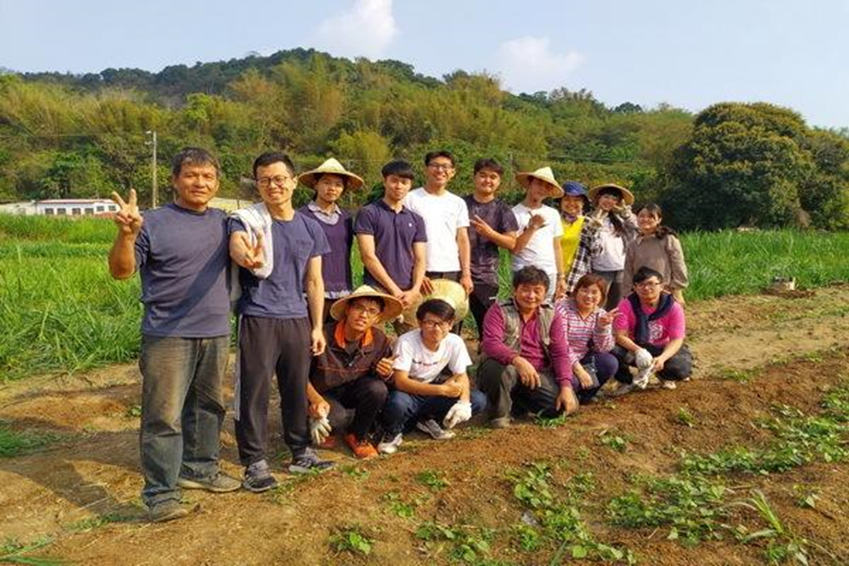On December 20, the Office of Research and Development at National Cheng Kung University (NCKU) hosted a workshop themed on sustainable dining. The event featured renowned designer Yu-Hao Huang, founder of DreamVok Design, as the guest lecturer. Designer Huang guided faculty and students to focus on dining issues while exploring the potential integration of Tainan’s local culture with campus sustainability.
The workshop delved into the challenges of promoting sustainability and shared multiple successful cases to inspire participants. These included the collaborative model between Yu-Ding Shing Soy Sauce and Future Dining Table, the entrepreneurial journey of Gold Sister Workshop and Slow-Flying Angels, and the "Friendly Chicken Life" program by the Abraham Symbiotic Care and Labor Cooperative. These examples highlighted diverse practices in sustainable dining, injecting new ideas for the future development of the campus.
Designer Yu-Hao Huang guided participants to apply design thinking using a framework of moving “from current point A to the ideal point B” to develop actionable strategies for sustainable campus dining. The process unfolded in three steps: setting goals, assessing resources, and designing solutions. Through group discussions, participants stimulated innovative ideas and explored possibilities through systematic analysis, gradually shaping specific and feasible solutions.
This event served not only as a platform for sharing knowledge and experiences but also as a significant opportunity to inspire participants' creativity and action. It demonstrated NCKU’s proactive efforts in driving innovation in sustainable campus dining.
The workshop delved into the challenges of promoting sustainability and shared multiple successful cases to inspire participants. These included the collaborative model between Yu-Ding Shing Soy Sauce and Future Dining Table, the entrepreneurial journey of Gold Sister Workshop and Slow-Flying Angels, and the "Friendly Chicken Life" program by the Abraham Symbiotic Care and Labor Cooperative. These examples highlighted diverse practices in sustainable dining, injecting new ideas for the future development of the campus.
Designer Yu-Hao Huang guided participants to apply design thinking using a framework of moving “from current point A to the ideal point B” to develop actionable strategies for sustainable campus dining. The process unfolded in three steps: setting goals, assessing resources, and designing solutions. Through group discussions, participants stimulated innovative ideas and explored possibilities through systematic analysis, gradually shaping specific and feasible solutions.
This event served not only as a platform for sharing knowledge and experiences but also as a significant opportunity to inspire participants' creativity and action. It demonstrated NCKU’s proactive efforts in driving innovation in sustainable campus dining.
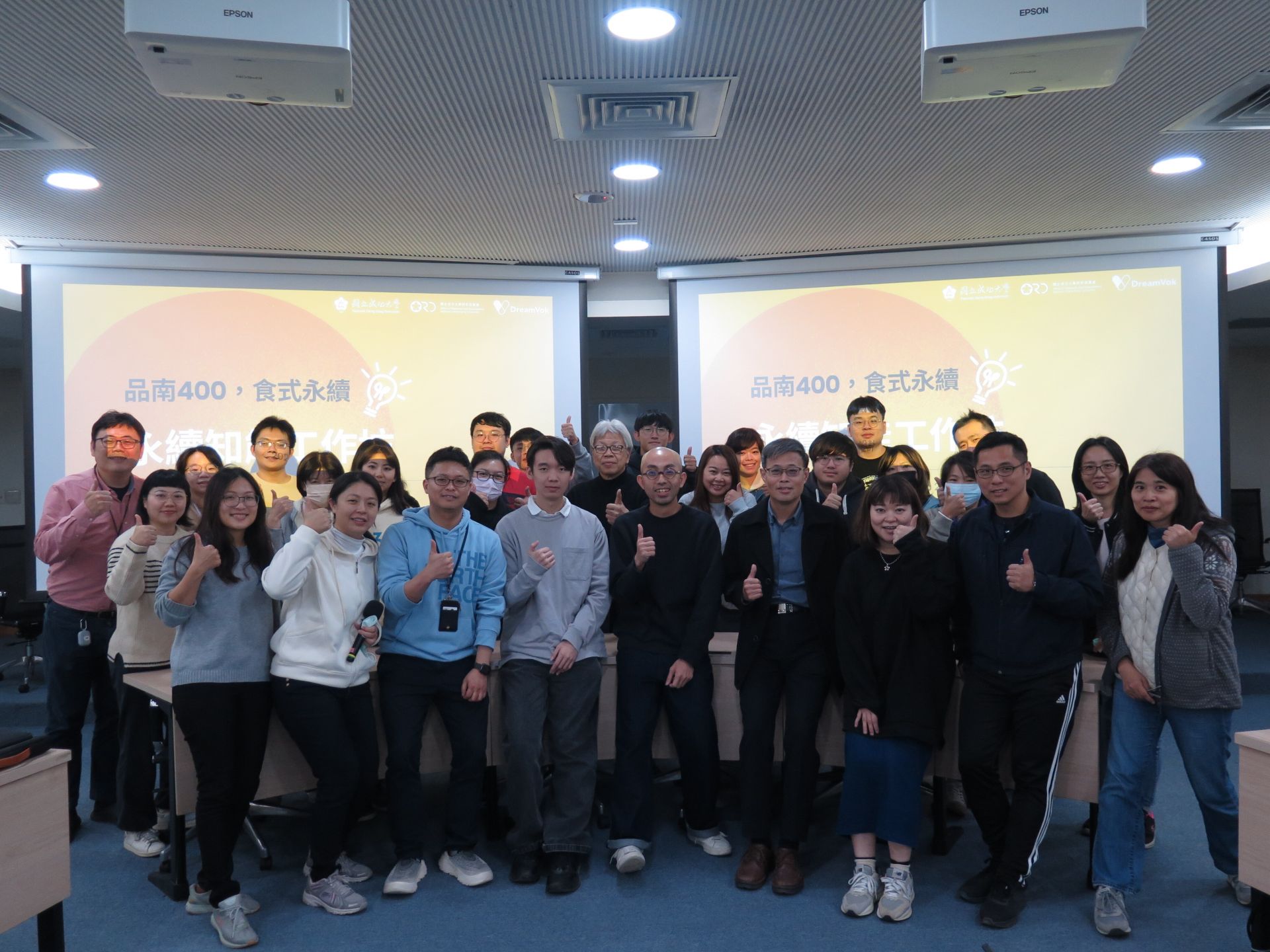
Sustainability Literacy Workshop - Savor Tainan 400, Food-Style Sustainability
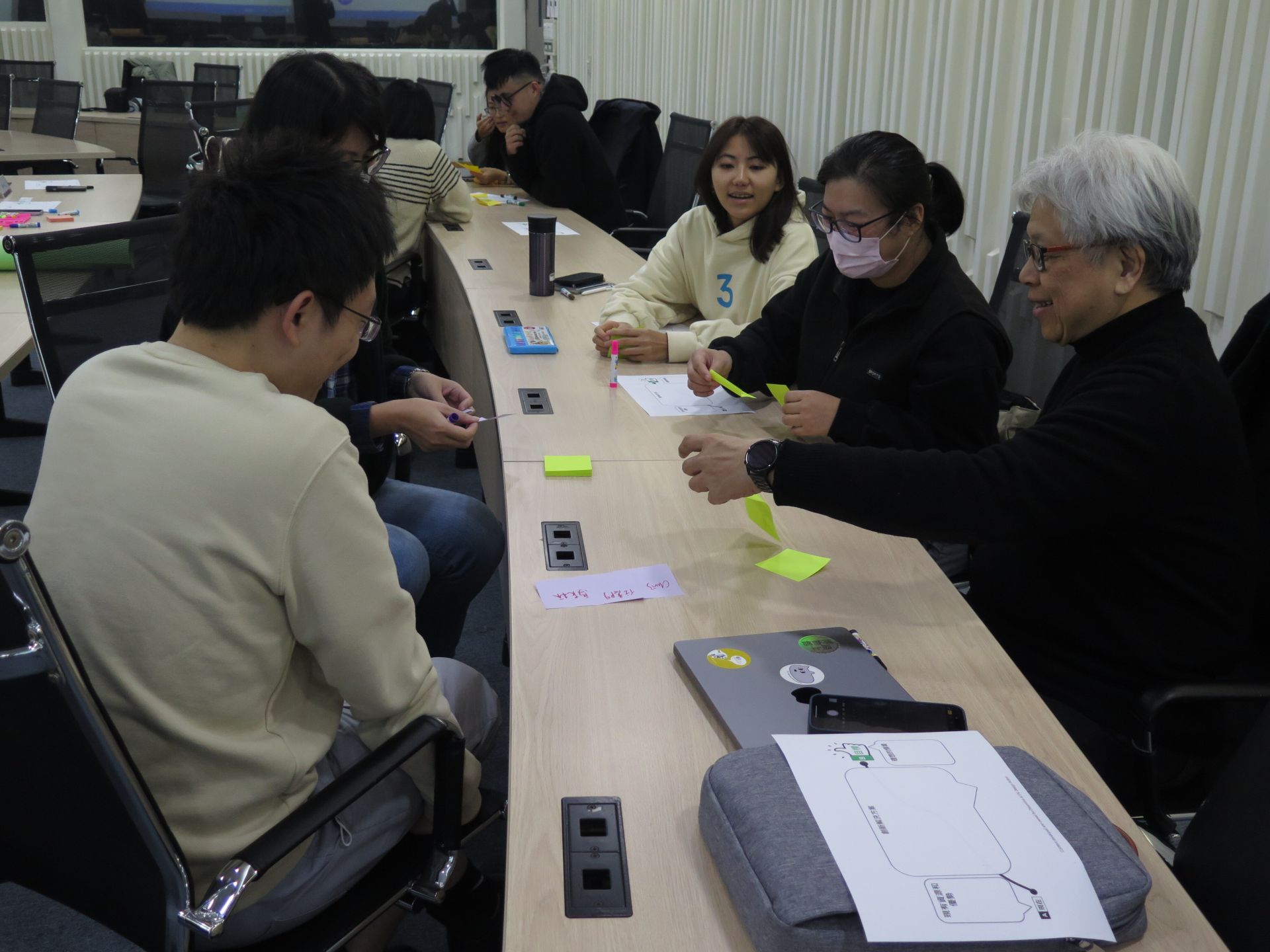
Designer Yu-Hao Huang guided participants in applying design thinking through three steps: setting goals, assessing resources, and designing solutions.
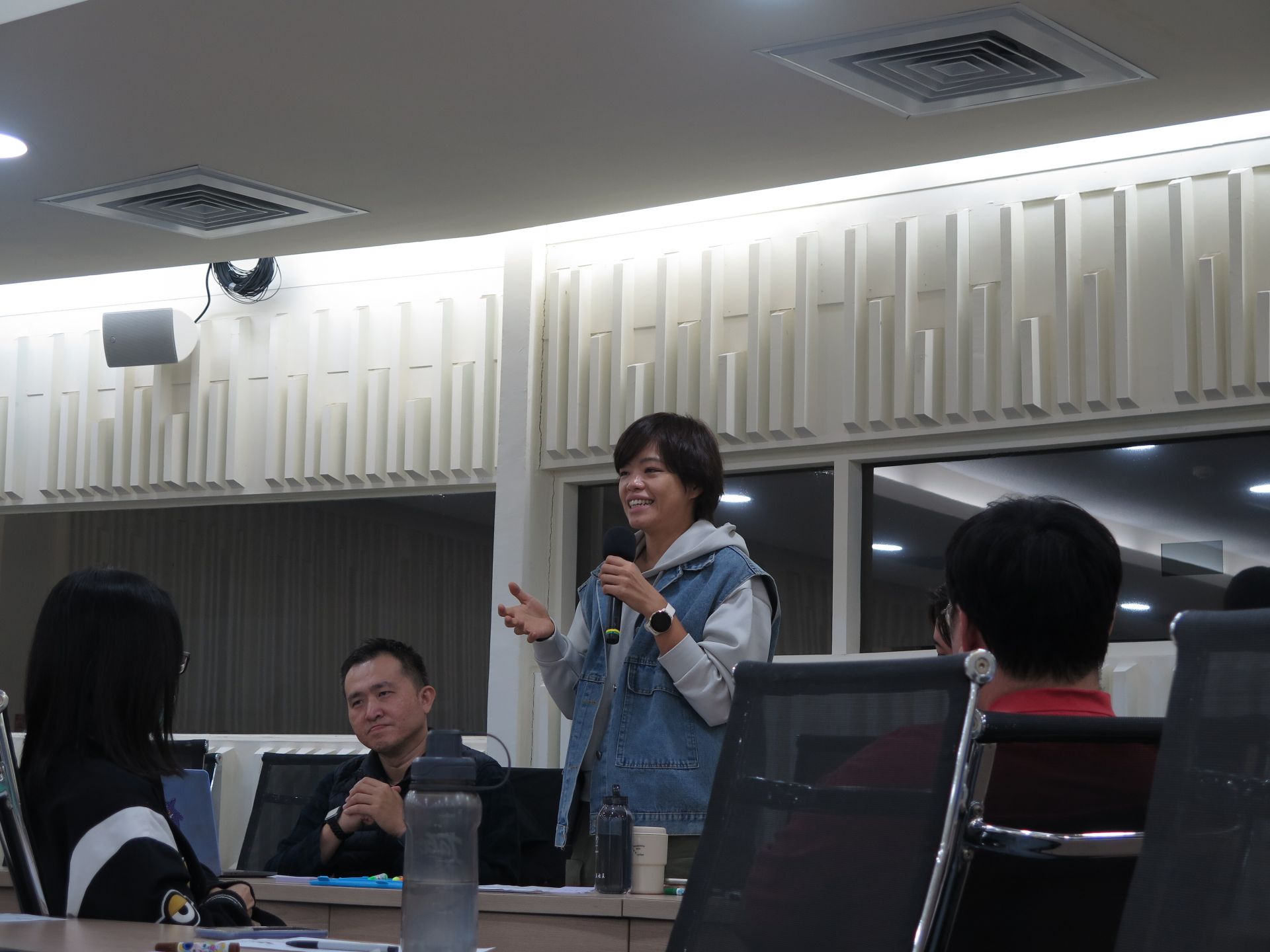
This event served as a crucial opportunity to inspire participants' creativity and initiative, showcasing NCKU's active efforts in promoting innovation in sustainable campus dining.
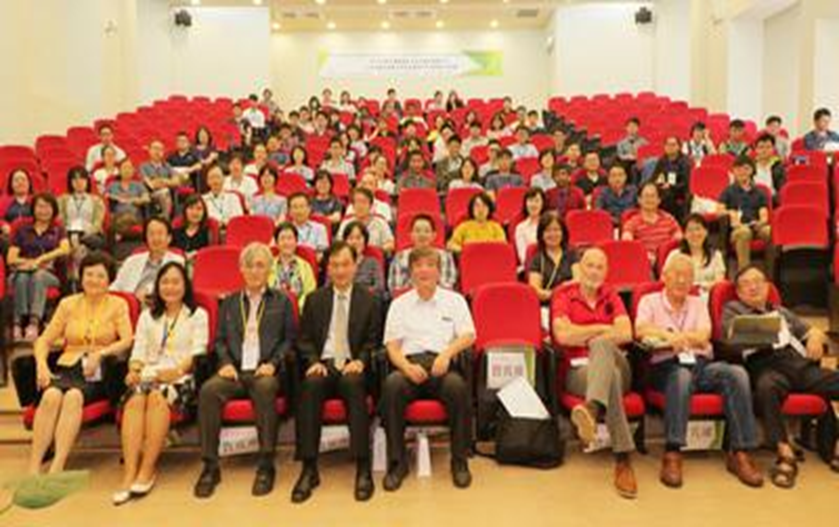
SDG2International Experts Gathered in GWAS Conference to Share the Trend of the Development of Crop Breeding Technology
View more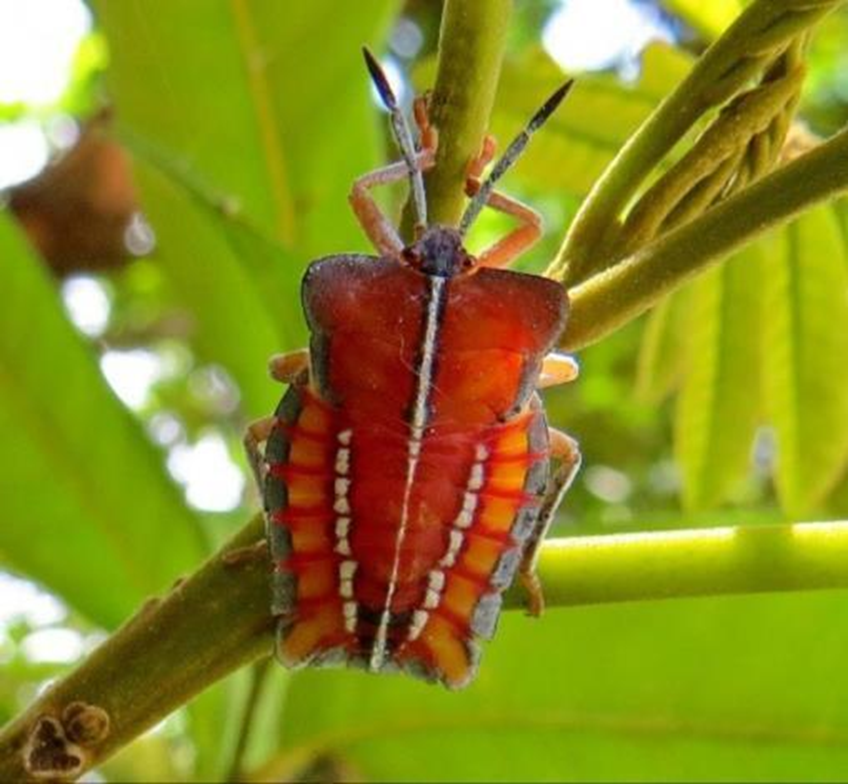
SDG2NCKU Assists the Government to Firstly Adopt UAVs to treat Tessaratoma papillosa (Drury) to Promote Intelligent Agriculture
View more